Have you ever been fooled by food marketing into thinking something was healthier than it really was? I know I have. Unfortunately not everyone knows when they’ve been duped. That’s why it’s so important to shine some light on what’s become far too commonplace in food marketing: leanwashing.
According to EnviroMedia Social Marketing, leanwashing is “the practice of making a product or service appear healthier than it is through advertising or other forms of marketing.” Sound familiar? I think so. Over the past decade or so, Big Food increasingly acts more and more like a snake oil salesman, shilling sugary, salt-laden, fatty processed foods and calling them “healthy.” With their deep pockets, manufacturers have been able to manipulate the food conversation and influence its regulation by spending billions annually on ad campaigns and lobbyists.
With the advent of social media, consumers now have a greater opportunity to voice their opinions. E-petitions, for example, have become a powerful tool to speak out and say “enough is enough.” But despite this progress, there really hasn’t been a singular place online where consumers could “gather” to share their thoughts on leanwashing. Well, that’s all about to change thanks to EnviroMedia, an advertising and PR agency known for its work on “social marketing campaigns that improve the environment and public health.” After helping to expose greenwashed ads with its Greenwashing Index, Enviromedia is now tackling leanwashing with its newly launched Leanwashing Index website [sadly, this website is no longer active].
I was lucky enough to get to know Enviromedia when they asked me to join an advisory panel for the Leanwashing Index launch. One of the panels’ primary duties was to craft questions to help consumers evaluate possible cases of leanwashing. Here are the leanwashing criteria the panel developed:
Does the ad, packaging, or promotion:
- Mislead with words?
- Mislead with visuals, imagery, or sponsorships?
- Make a health claim that is vague or can’t be proven?
- Exaggerate how healthy the product actually is?
- Leave out or masks important information, making the health claim sound better than it is?
Each criteria is evaluated on a scale of 1 (strongly disagree) to 5 (strongly agree). Consumers can also designate ads as “aimed primarily at children” and rate those ads on a slightly modified set of criteria that captures some unique aspects of kid marketing like the use of characters and unfairly targeting children in places where they are especially vulnerable. Now while I could go on and on about the Leanwashing Index, I think the best way to learn about it is to work through an example. So let’s walk through a real, live case with an ad for Quaker’s Chewy Granola bars:
So what do you think? Is this a case of leanwashing? Let’s review the criteria and check it out:
Criteria 1: Does the ad mislead with words? I think it does. The premise of the ad is that Quaker Chewy Granola Bars nourish your kids to play hard. Its tagline, “nourish their play,” pretty much spells it out. But when you examine Quaker Chewy’s ingredient and nutrition information, it tells a different story (click here to view this in a separate window):
- First, let’s give Quaker Chewy a little bit of credit–it does contain some whole grains. But with only 1g of dietary fiber, it is far from a nutritional powerhouse.
- Here’s the scary part … each granola bar has 7g of sugars–that’s about 30% of the product’s weight and calories!
- If the ingredient label didn’t break the different sugars out separately, my guess is that sugar would be the first ingredient on the label. And if that isn’t enough sugar for you, Quaker even added a sugar substitute, sorbitol, to pump up the sweetness even further.
- Of course, Quaker Chewy contains the standard-bearers of processed foods–in addition to tons of sugars there are plenty of GMOs in the various soy ingredients, over 3g of fat, preservatives (BHT), and some added salt for good measure.
So, on a scale from 1 to 5, I gave this ad a 4. I awarded a little bit of credit for whole grains, but for the most part, I believe this ad misleads consumers with its words.
Criteria 2: Does the ad mislead with visuals, imagery, or sponsorships? I believe this ad does use misleading visuals and imagery. Besides implying that the kid was powered by Quaker Chewy to play hard, it also used a visual of a hill of grains towards the end of the ad. Perhaps it would have been more accurate if it was a hill of sugar? I strongly agree that this ad misleads with visuals so I gave it a 5.
Criteria 3: Does the ad make a health claim that is vague or can’t be proven? At the end of the spot, Quaker Chewy claims “the goodness of whole grains.” Without knowing exactly how much whole grain is really in this granola bar, I think this claim is suspect and will rate it a 3.
Criteria 4: Does the ad exaggerate how healthy the product actually is? One of the most powerful claims Quaker Chewy makes is “25% less sugar than the leading sweet snack.” Sounds pretty good, right? Well here is where you have to bring out your magnifying glass to read that tiny, barely legible fine print. The leanwashed truth about this claim is that Quaker conveniently compares its granola bars to chocolate candies, ice cream, and cookies. Sorry, Quaker, you just earned yourself a big 5 on this criteria. I only wish I could give you a 10!
Criteria 5: Does the ad leave out or mask important information, making the health claim sound better than it is? Food manufacturers love to use this tactic. Quaker deftly slips in some masking by saying “No High Fructose Corn Syrup.” Playing up to many consumers’ desire to eliminate high fructose corn syrup from their diets, Quaker fails to mention the 7g of sugars that are wrapped into their granola bar. Once again I strongly agree that this ad is leanwashing by leaving out important information. I gave it another 5.
Final Rating: Well, it’s no surprise after this review that I think Quaker Chewy Granola Bars is a classic case of leanwashing. After completing all the criteria, the ad received a 4.6 “Leanwashing Index” rating and in my opinion is clearly a “bogus” ad.
Want to check out the ad I posted and rate it yourself? [Sadly, this website is no longer available] Or maybe there is an ad you’ve seen (good or bad) that you’d like to upload and rate. You can even share the ads on the site via your favorite social media like Facebook or Twitter. So go ahead and visit the Leanwashing Index site [Sadly, this website is no longer available] now and start doing your part to debunk misleading ads. After all, if you believe Big Food manufacturers are truly looking after you’re health, you’re sorely mistaken. Big Food is motivated by profits, and their self-serving, misleading advertising, packaging, and promotions are prime examples. So take action and start the leanwashing conversation now!
As always, if you’ve enjoyed this post, please share it by pasting a link on your Facebook wall, liking it, or emailing it to a friend. And for more inside scoop on the world of food, please subscribe to my blog.
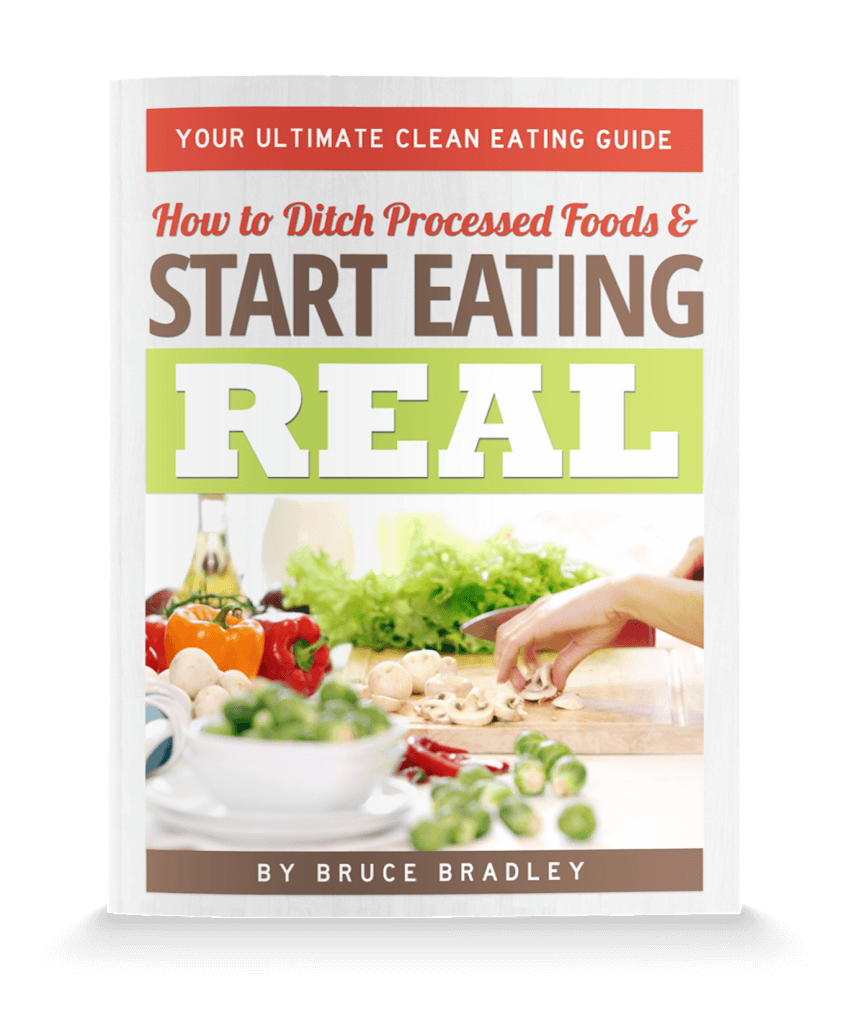
GET MY FREE BOOK NOW!
End the confusion! Learn what’s really in your food and how to take simple steps toward eating healthier!
EAT HEALTHIER TONIGHT!
If you enjoyed this article or recipe may I ask you a favor? Please share it with a friend. Why? Because together we can make a difference and help each other live happier and healthier lives. Thank you!
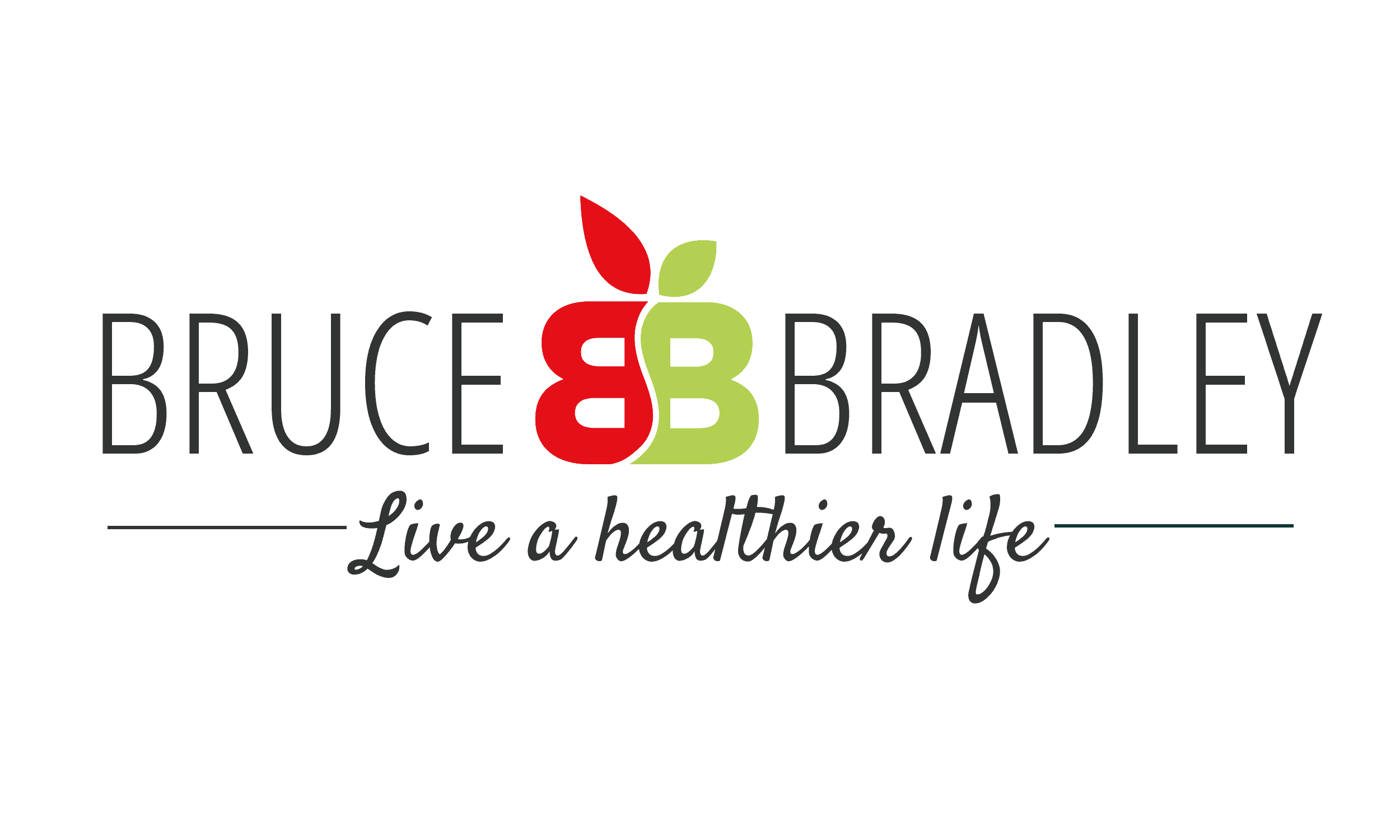

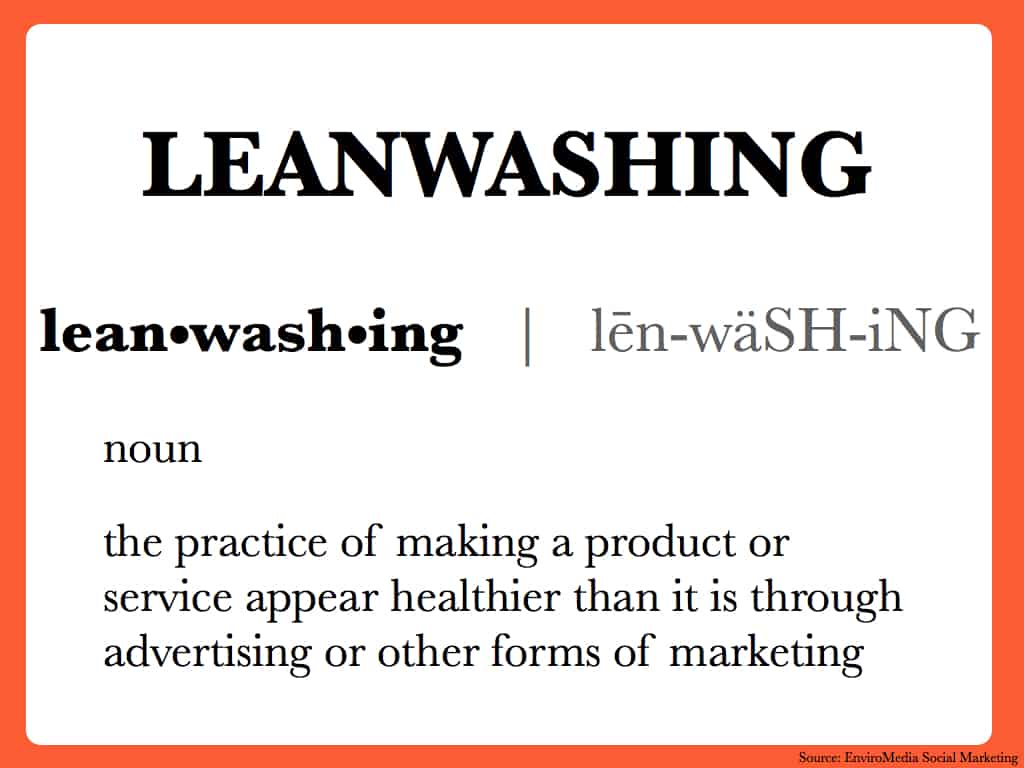

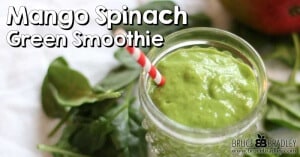

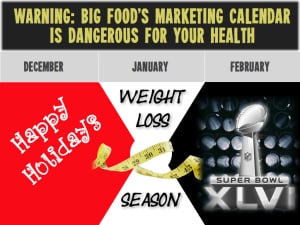
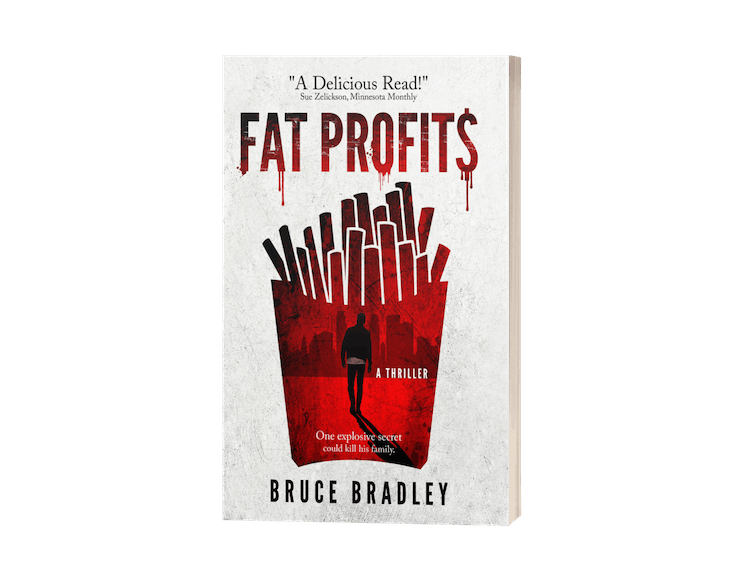
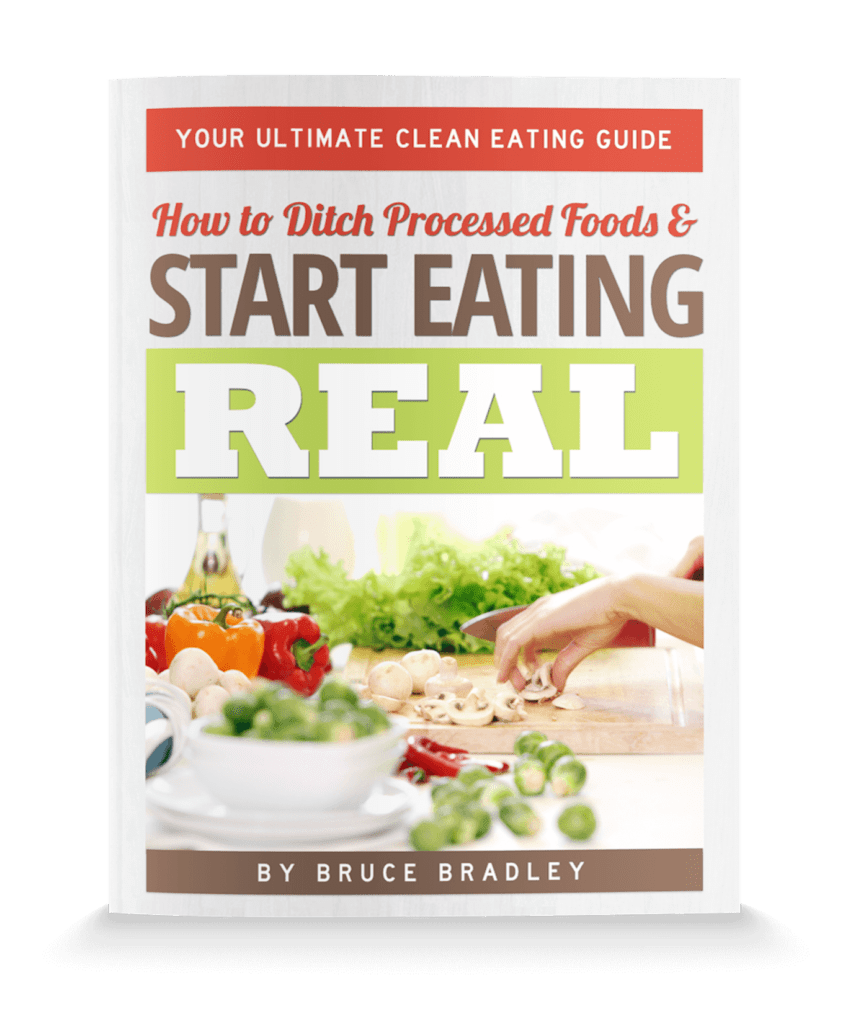
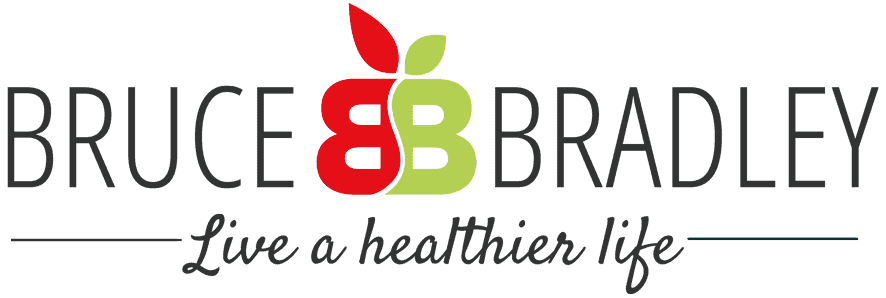
15 Responses
Very interesting initiative – I just wished the different “xxxwashings” could be banded together to come up with a single rating. Example: the ad for “Cuties” (tangerines, I believe) gets great marks on the Leanwashing category. I am however always suspicious of fruits and other natural products that boast certain consistent conveniences that, in a really natural product, are typically unpredictable.
Now, this may very well not be the case of Cuties, but typically there are 2 ways to achieve this result: a long breeding, or genetic engineering – nothing bad with the first, lot of scrutiny on the second. So, at a closer scrutiny, it may earn a higher leanwashing score, or perhaps not. But let me get to my point, since so far we are still discussing the evaluation in a single category.
Another reason why I am not crazy about creating and branding a natural fruit is the nasty business practices that it brings about – think copyrighting the product and wildly suing farmers whose produce cross-pollinates, you know what I am talking about. This may go in the greenwashing, or in a… fairwashing? Ethicwashing? Nicewashing? category that is still not being considered.
Again, it may not be the specific case of Cuties, but considering the categories together would give the complete picture for an ad, providing consumers with a more complete set of data to make informed decisions
Amazing look at ads and marketing. You know what immediately strikes me? Very little ads for apples, or veggies, or the foods we SHOULD be eating – the ads are all for the (mostly) man-created, chemically infused, artifically flavored crap that comes in boxes! It is obvious from the obesity rates in this country that the slick ads work – or is it true there is a dumbing down going on in America? Maybe a combo of both – and so the money rolls in to those with the best b.s. – how sad.
Susan
“Very little ads for apples, or veggies, or the foods we SHOULD be eating – the ads are all for the (mostly) man-created, chemically infused, artifically flavored crap that comes in boxes!”
It is relatively rare that a company would elect to spend countless millions marketing something that you don’t have to buy exclusively from them.
Yes, you’re totally correct, Chris. The profit margins on apples and veggies are much narrower (thanks in large part to huge government subsidies of prime packaged goods ingredients like corn and soy). The end result is we’ve stacked the deck against most consumers since the junk goods are cheaper, marketers make higher margins on them and thus can afford to advertise them, and then these highly processed foods have been leanwashed and made to look like acceptable substitutes (and in some cases superior) than their real food counterparts. It’s no wonder we’re in the mess we’re in!
Thanks for your comment!
Bruce
This is fantastic Bruce. I’ve been looking for something like this. I’ve subscribed to your blog and favorited and shared the leanwashing initiative index all around the web. That word and practice brings to mind the ”Health Halo”. I guess they’re the same thing, but it’s so great to have resources like this that are community based and really deconstruct all the Bullshit that these immoral corporate schmucks feed us 24hrs a day, 7 days a week!
Now is the time to take back our right to choice of what we eat. With Fooducate, CSPI, blogs like this and initiatives like that, we’ll be well on our way. Now if we can just get CA to pass prop 37 so this shite gets labeled for the shite that it really is! Down with Monsanto and anyone who dares support these oh so real Super Villains!
In California, there are many “natural food” markets with “natural” products that come in jars, boxes & bags. Of particular note is the “soup in a box” which is in a container that is made of aluminum. I am very suspicious of most these products. I’ve been health conscious all of my life, so I notice the discrepancy between what used to be sold in health food stores versus todays “natural food” stores.